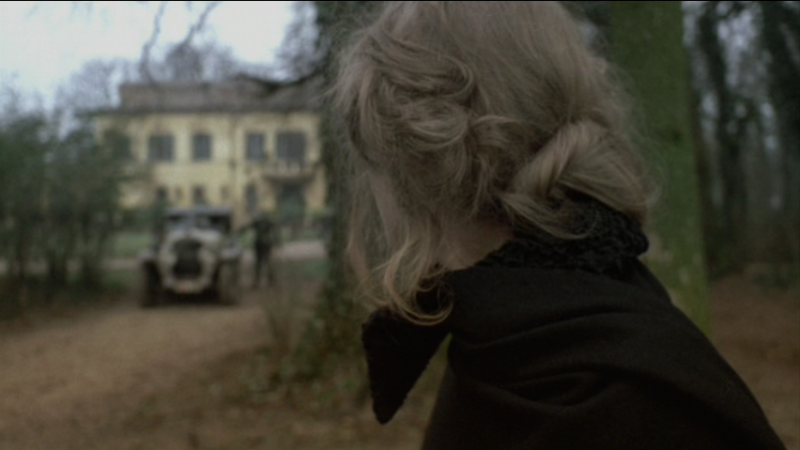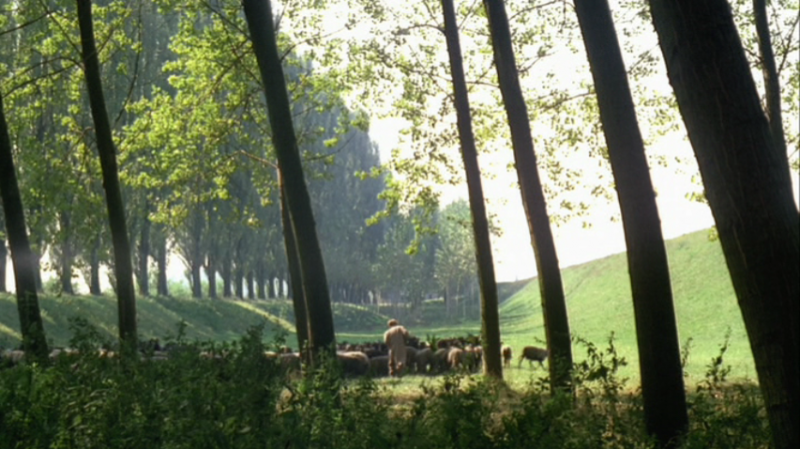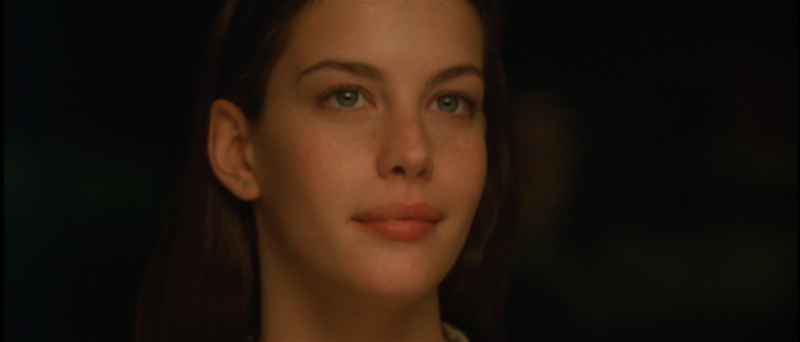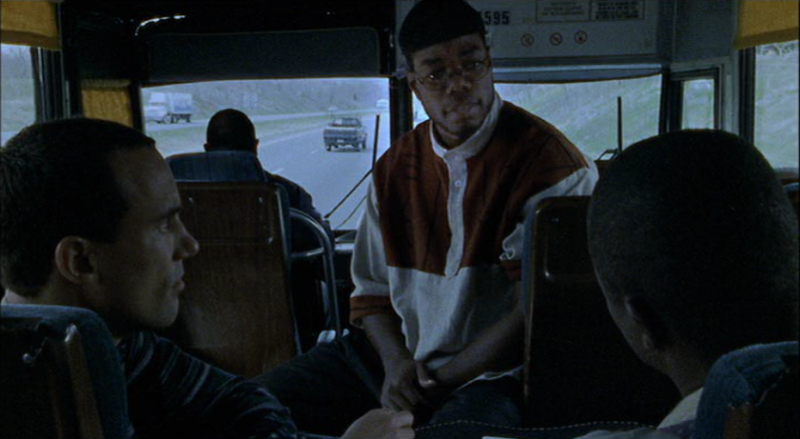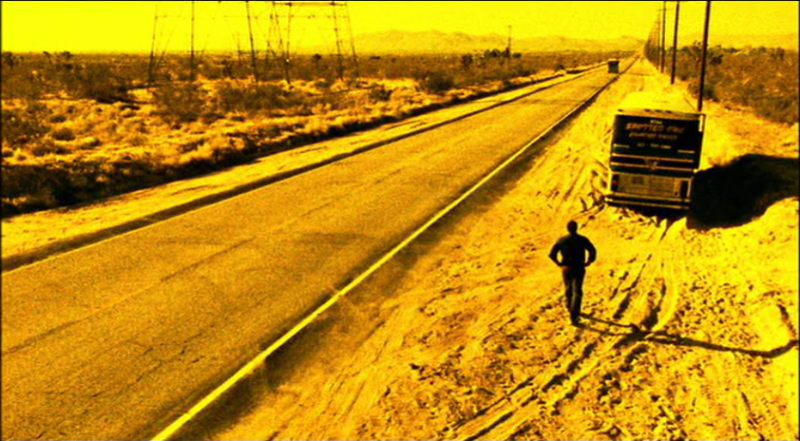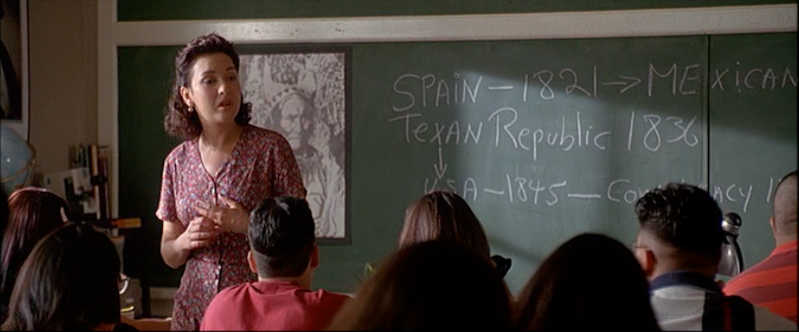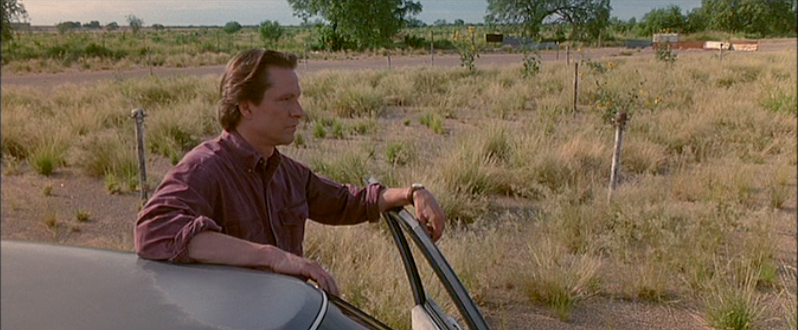BEST PICTURE
A pretty typical
historical epic of love and loss made more interesting by some decent
performances and wonderful production elements yet is hindered by some lapses
in story and character. Minghella
succeeds in crafting many wonderful scenes yet overall, the film can’t add up
to more than the sum of its parts.
The central character of the Count is a bit murky and though Fiennes is
committed, it is a character that should not seem as uncertain as he does. Where the film shines is in the details
of the scenes, the details given by Minghella in the image. There is beauty and grandeur in the
desert, in the war, in the cave, in the apartment, but it is all taken simply
as beauty. Caravaggio gets onto
Hana for romanticizing the Count, but it is his stories that appear to us as
romanticized. Is this because of
his description or her reception?
It isn’t clear but they play more as definitive reality than stylized
remembrance. Additionally, there
are some portions of his flashbacks that he could not possibly know about
(scenes with Katherine and her husband) which strike me as lapses in film
logic. Overall, the film feels
very romantic toward the doomed relationship of the Count and Katherine, but
the relationship I found most compelling was the one between Hana and Kip. Hana and Kip’s relationship is based on
genuinely expressed affection that comes out in unforced sacrifice and the
paradoxical frustration of their allegiances to their particular occupations in
the war. Juliette Binoche and
Naveen Andrews are wonderful. The
Count and Katherine’s relationship feels less grounded yet it is presented as
the central relationship of the movie.
Perhaps the whole point of his character is that he sacrifices too late,
but I found his sacrifice circumstantial, and his whole passivity toward death
afterwards to be unjustified. If
he doesn’t care about dying, why try and make Caravaggio’s desire to kill him a
potential threat? The film touches
lightly on a few interesting sub-themes including a post-nationalist commentary
on war in general and WWII in particular, but it never explores these themes
thoroughly. Overall: a very ho-hum
affair with sweeping imagery.


